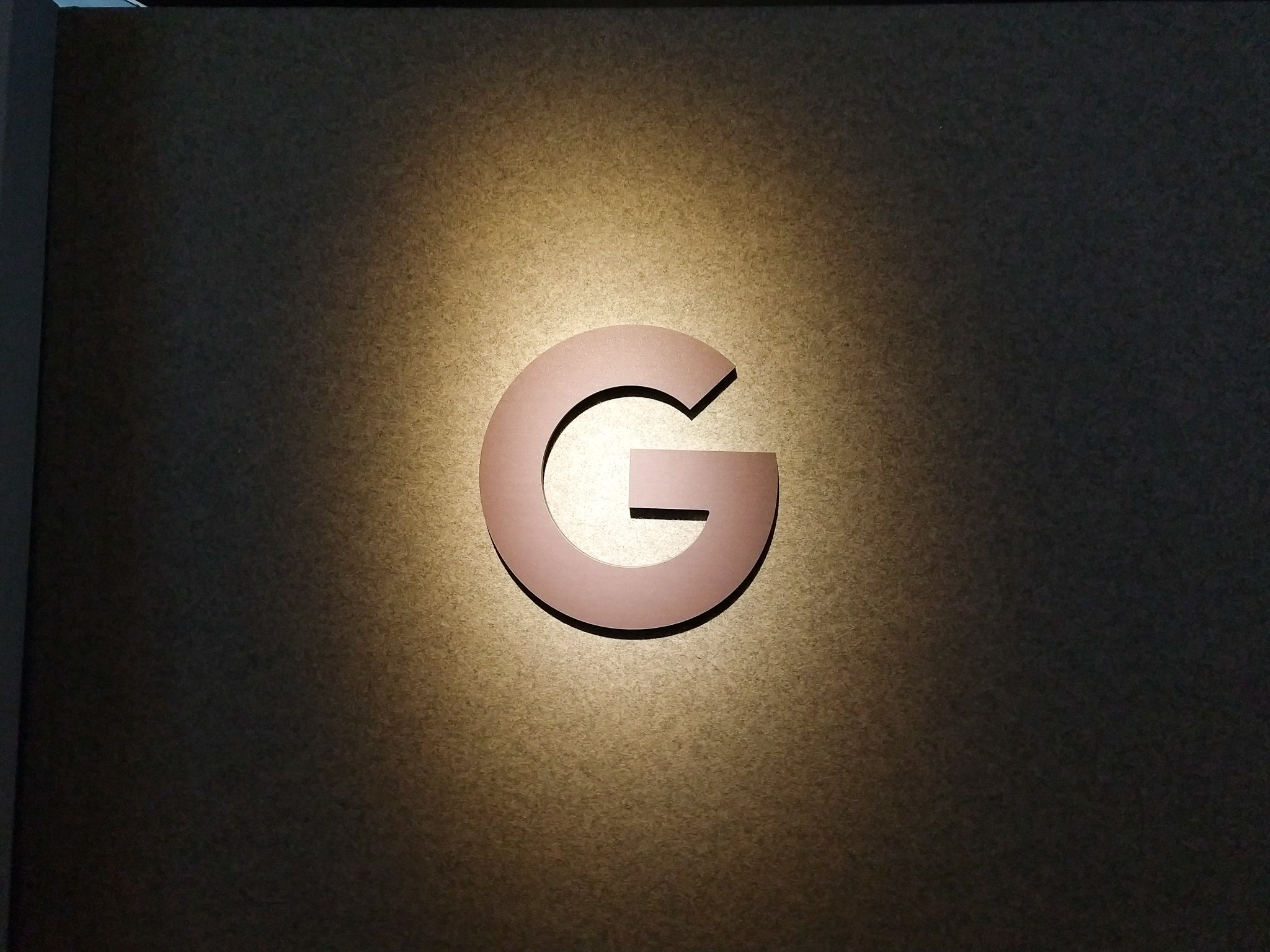The Senate is set to debate on Thursday about the bills.
What you need to know
- The Senate will debate a new bill that targets Big Tech on Thursday.
- The bill prohibits companies from giving their own products preferential treatment.
- Both Google and Apple have issued statements against the bill.
This week, the Senate Judiciary Committee is set to open a debate on two proposed bills that were introduced last summer. However, Big Tech companies such as Google and Apple aren't too happy about the implications that the bills may have on how they run their businesses.
The American Choice and Innovation Online Act and Open App Markets Act would prohibit companies from giving their products and services preferential treatment on their own platforms. This would potentially level the playing field for competing services and allow users greater choice. However, neither Google nor Apple agrees that this would benefit consumers.
In a blog post on Tuesday, Google's president of global affairs, Kent Walker, explained why he believes the legislation would have "harmful consequences."
Walker says the bill would handicap technology leaders and that Americans "might get worse, less relevant, and less helpful versions of products like Google Search and Maps." Additionally, he says it could lead to an increase in cyberattacks if consumers aren't using Google's products, which have security and privacy protections baked in.
Lastly, Walker argues that it could also limit the functionality of apps like Search and Maps on the best Android phones. He says that the bills "could prohibit us from giving you integrated, high-quality results — even when you prefer them — just because some other company might offer competing answers."
Apple makes a similar case about the Open App Markets Act, which would require platforms to allow apps to be installed from outside the default app store. Apple says in a letter (via 9to5Mac) this would undermine its security and privacy protections, reiterating arguments it has previously made against sideloading on iOS:
The bills put consumers in harm's way because of the real risk of privacy and security breaches. In addition to making privacy and security protections nearly impossible to defend, the bills would actually allow predators and scammers to sidestep Apple's privacy and security protections completely.
This circumvention is possible because the bills would mandate "sideloading," or the direct installation of software from the internet in a way that circumvents the privacy and security protections Apple has designed, including human review of every app and every app update.
Both Google and Apple argue that the legislation would benefit competitors but would put consumers at risk. They suggest that the Senate Judiciary Committee shouldn't "rush to judgment" and that the bills be modified to address these concerns before moving forward.
Source: androidcentral
